Why is this city called the ‘capital of Siberia’? (PHOTO)
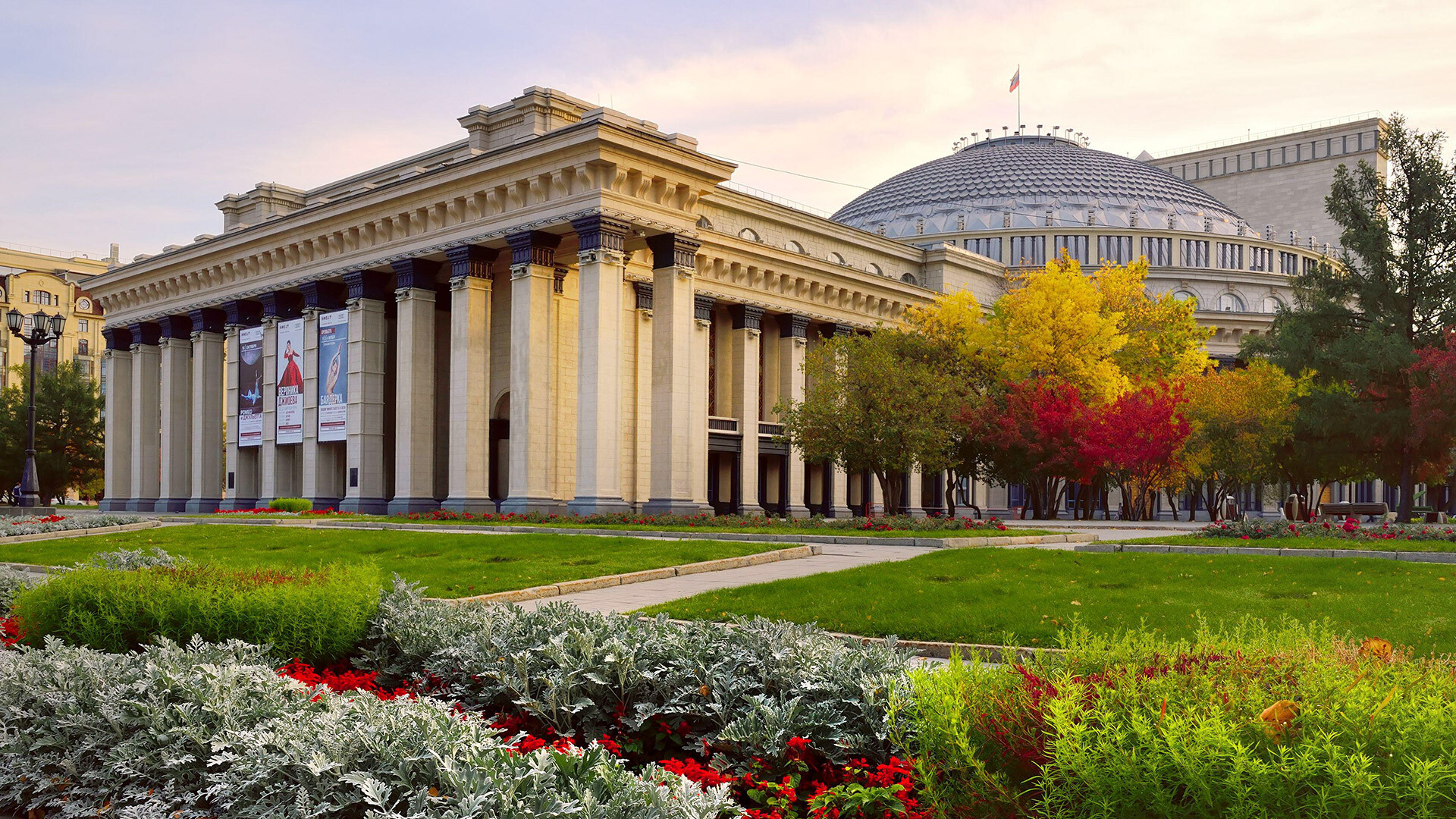
Located in southwestern Siberia, Novosibirsk is a unique city of records. It has the largest planetarium, zoo, theater and airport in the Asian part of the country, as well as the world’s longest metro bridge (2,145 meters). The seven-kilometer-long Red Avenue is one of the longest streets in the world, while the 40-meter-long Sibstroyput street is one of the shortest.
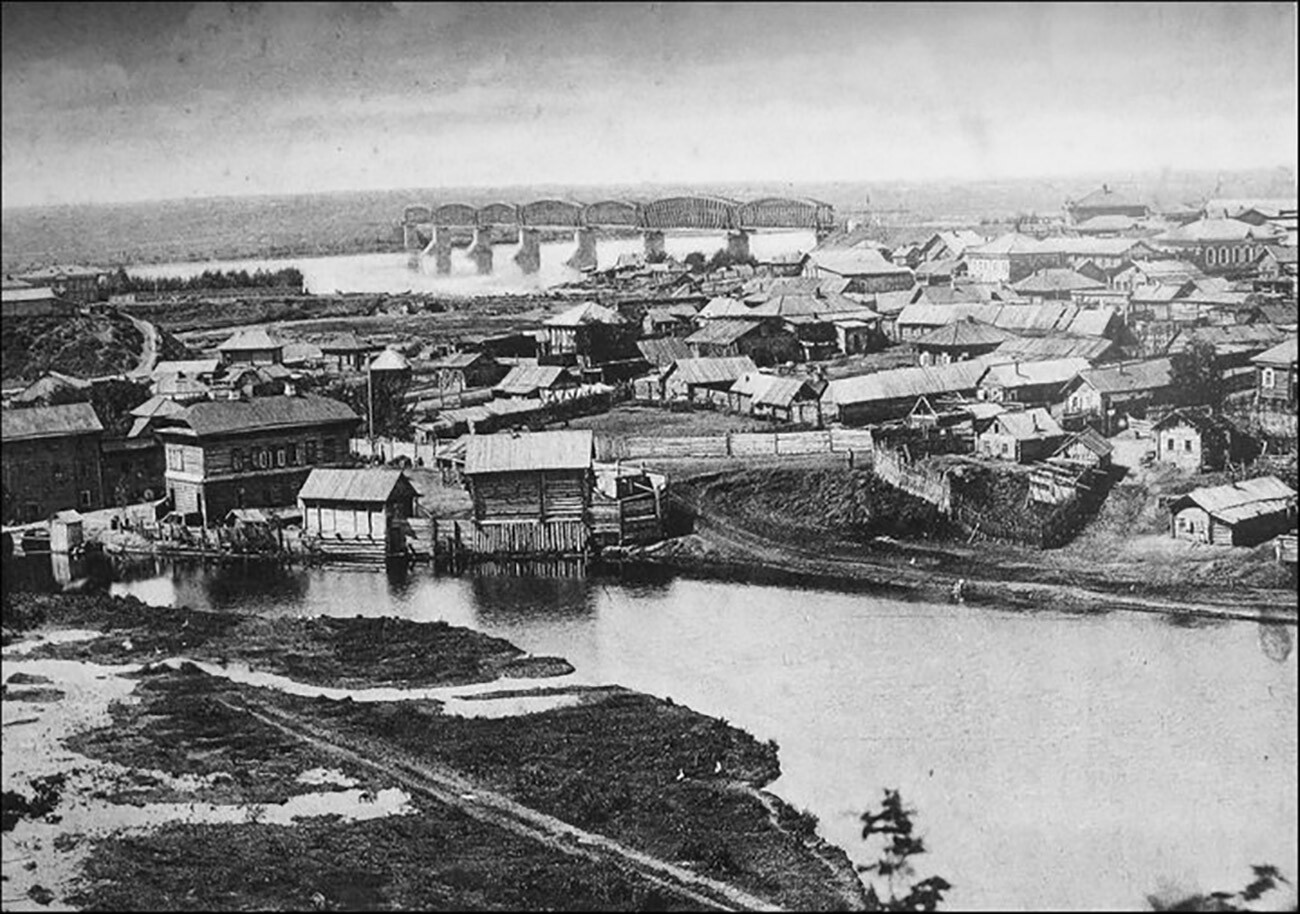 Novonikolayevsk in the early 20th century.
Novonikolayevsk in the early 20th century.
Novosibirsk (which bore the name Novonikolayevsk until 1926) was founded in 1893 as a small settlement for the builders of the railway bridge over the Ob River. “At present, it is a heap of ugly, hastily chipped buildings, occupied by the working people who came to the railroad and various merchants,” wrote Julius Schmidt, an agent of a trading firm.
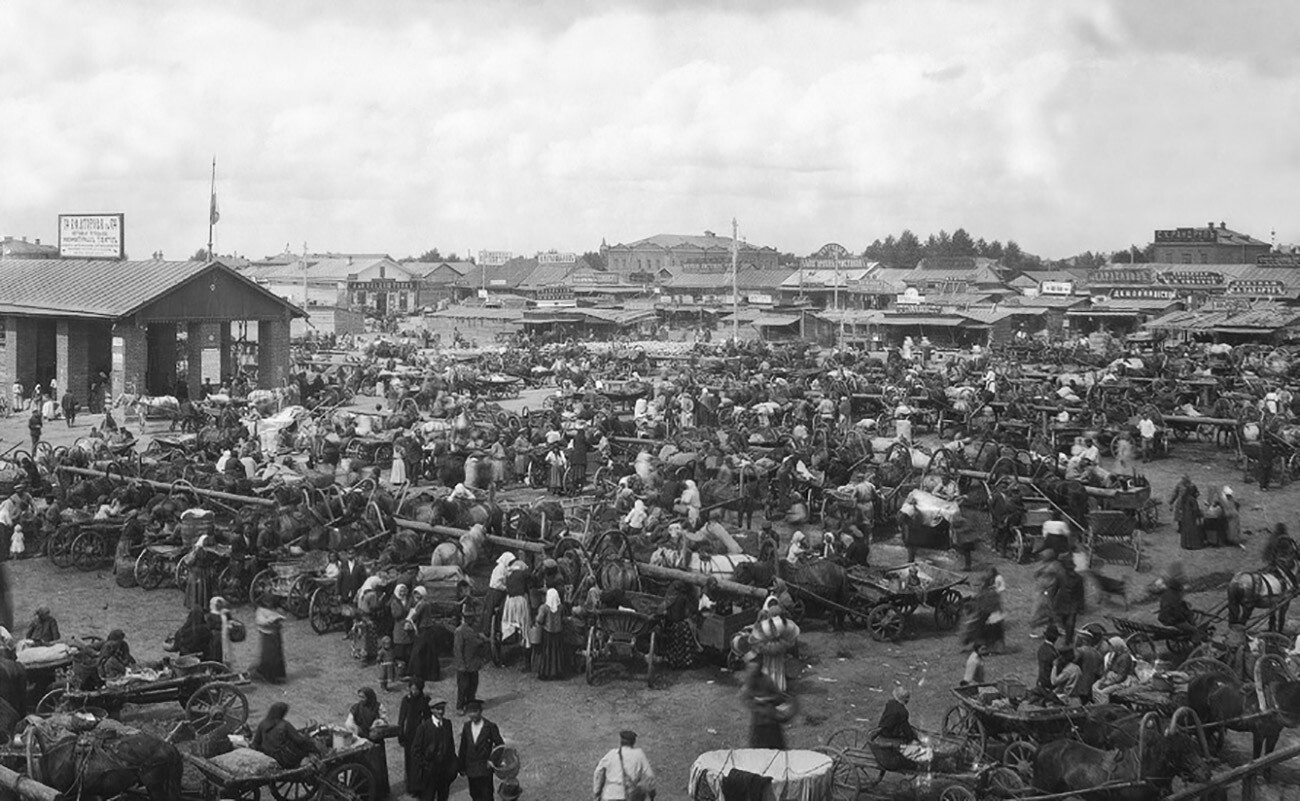 Market in Novonikolayevsk.
Market in Novonikolayevsk.
However, the fortunate geographical position of the settlement did not let it fall into oblivion. Not only was it located on the bank of a major river, but the Great Siberian Way (as Trans-Siberian railway was then called), which connected European Russia with the Far East, also passed through it.
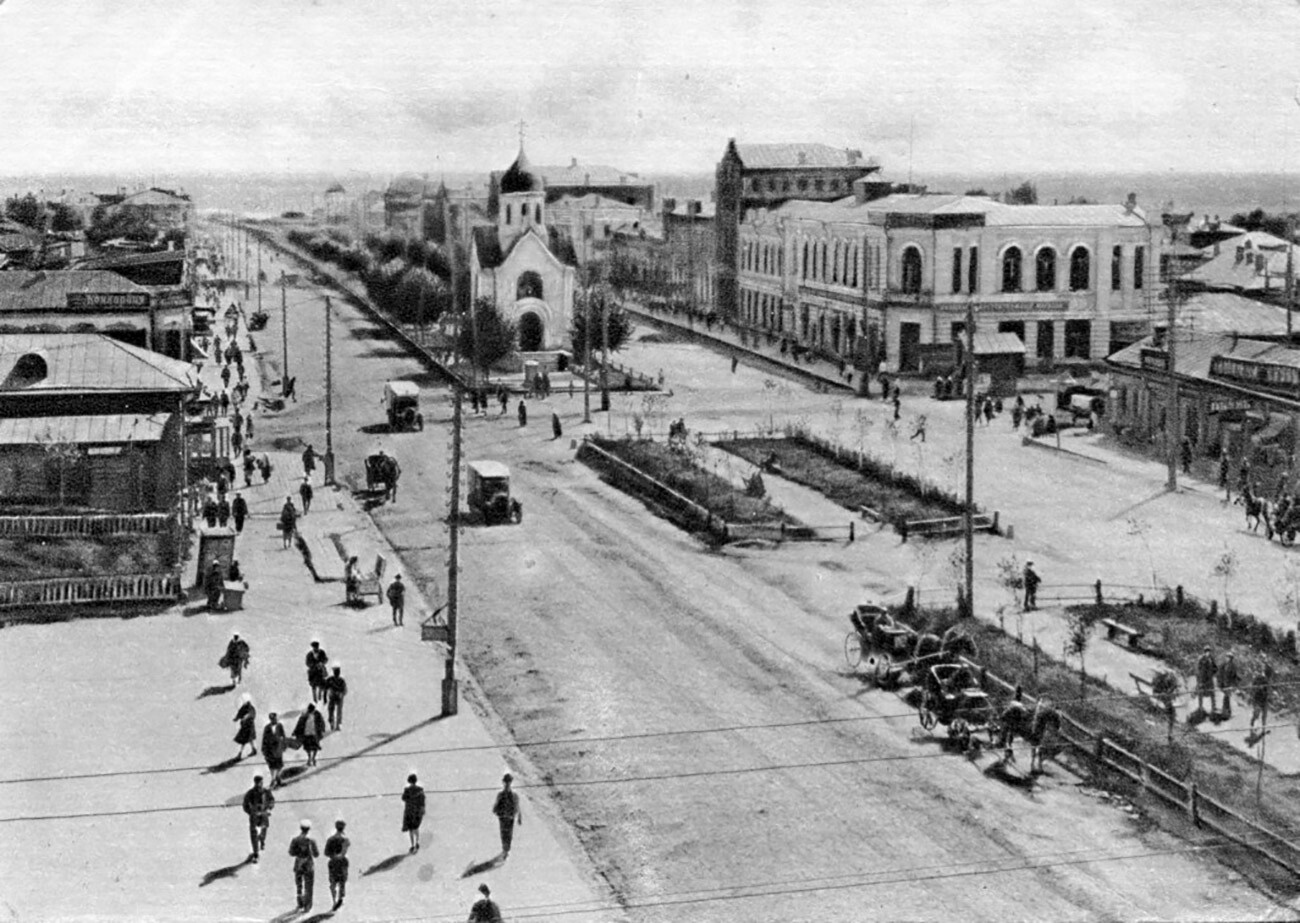 Chapel of St. Nicholas in Novonikolayevsk.
Chapel of St. Nicholas in Novonikolayevsk.
Observing the rapid economic and demographic growth of the city, the Soviet People’s Commissar for Education Anatoly Lunacharsky, dubbed Novosibirsk “Siberian Chicago” in 1928. In less than 69 years from the date of its foundation, it had reached the status of a million-plus city, which is an absolute world record. Today, it has a population of over 1.6 million people, which makes Novosibirsk the third largest city in the country after Moscow and St. Petersburg.
 Bugrinsky Bridge over the river Ob in Novosibirsk.
Bugrinsky Bridge over the river Ob in Novosibirsk.
Located far from the theater of operations during World War II, Novosibirsk became a reliable rear for the Red Army. About thirty large industrial enterprises evacuated from the western regions of the country effectively operated in the city for the needs of the front. One quarter of all artillery ammunition used by Soviet troops was produced in Novosibirsk.
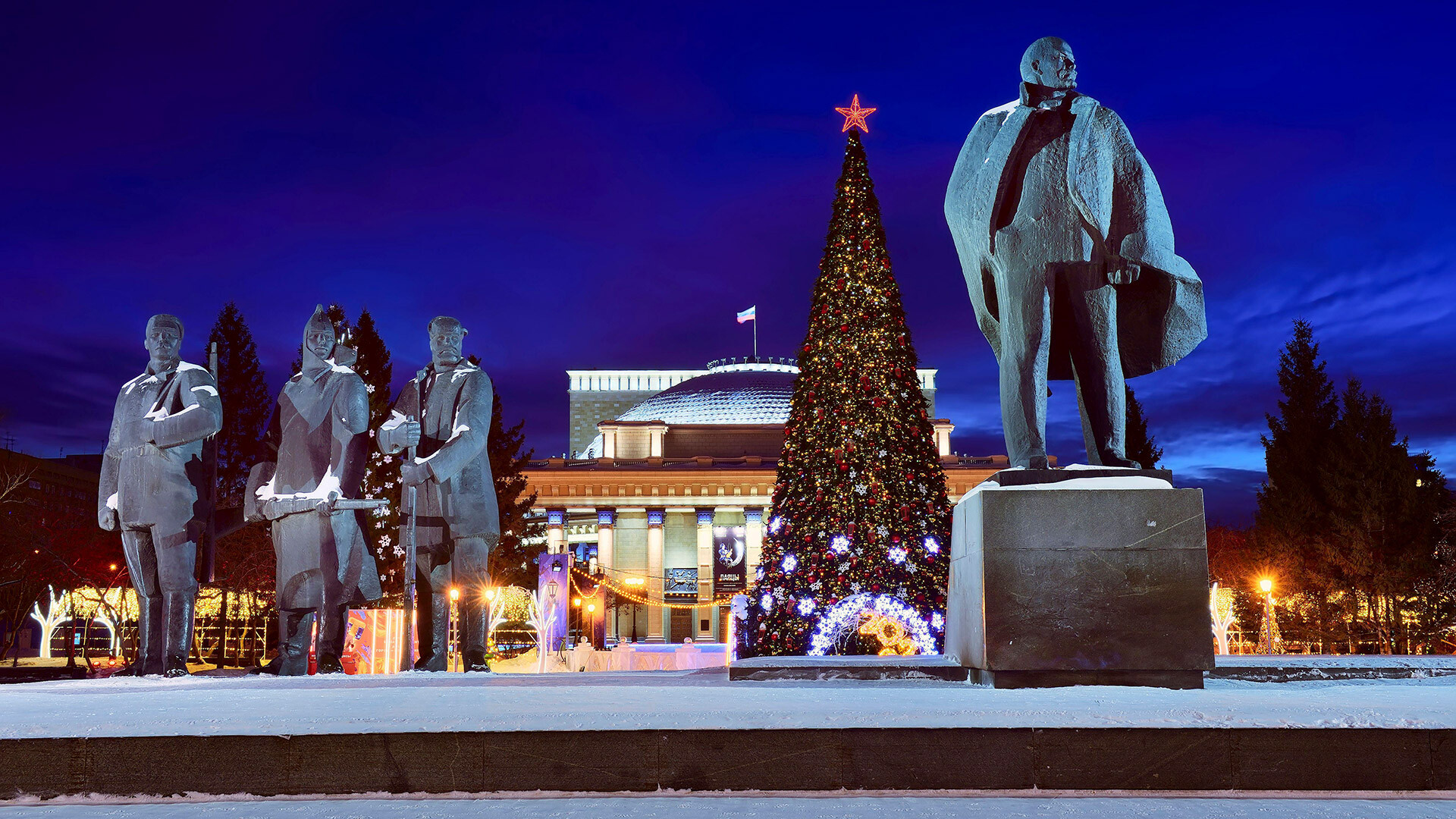 Lenin Square in Novosibirsk.
Lenin Square in Novosibirsk.
The city actively developed not only industrially, but also scientifically. As early as in the 1930s, dozens of scientific laboratories, research and design institutes were set up. In 1957, Akademgorodok - one of the most important scientific and educational centers of the Soviet Union was built and, today, its fame has gone far beyond the country’s borders.
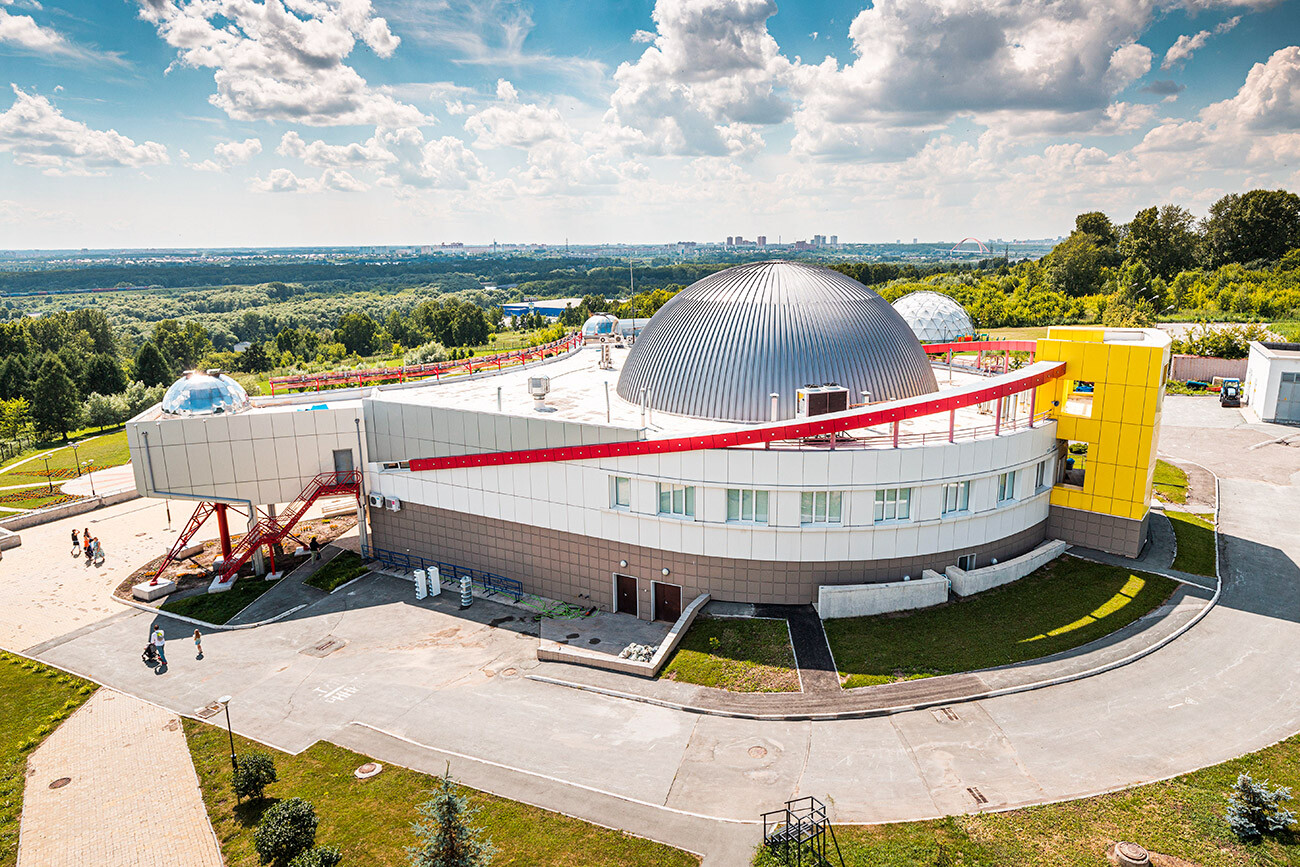 The Novosibirsk Great Planetarium.
The Novosibirsk Great Planetarium.
Pride of the USSR, Novosibirsk was often showcased to high-ranking guests. Swedish Prime Minister Olof Palme, French President Charles de Gaulle and U.S. President Richard Nixon visited at different times. In 1970, first man on the Moon astronaut Neil Armstrong cooked fish soup on the banks of Novosibirsk reservoir on the Ob River, commonly known as ‘Ob Sea’.
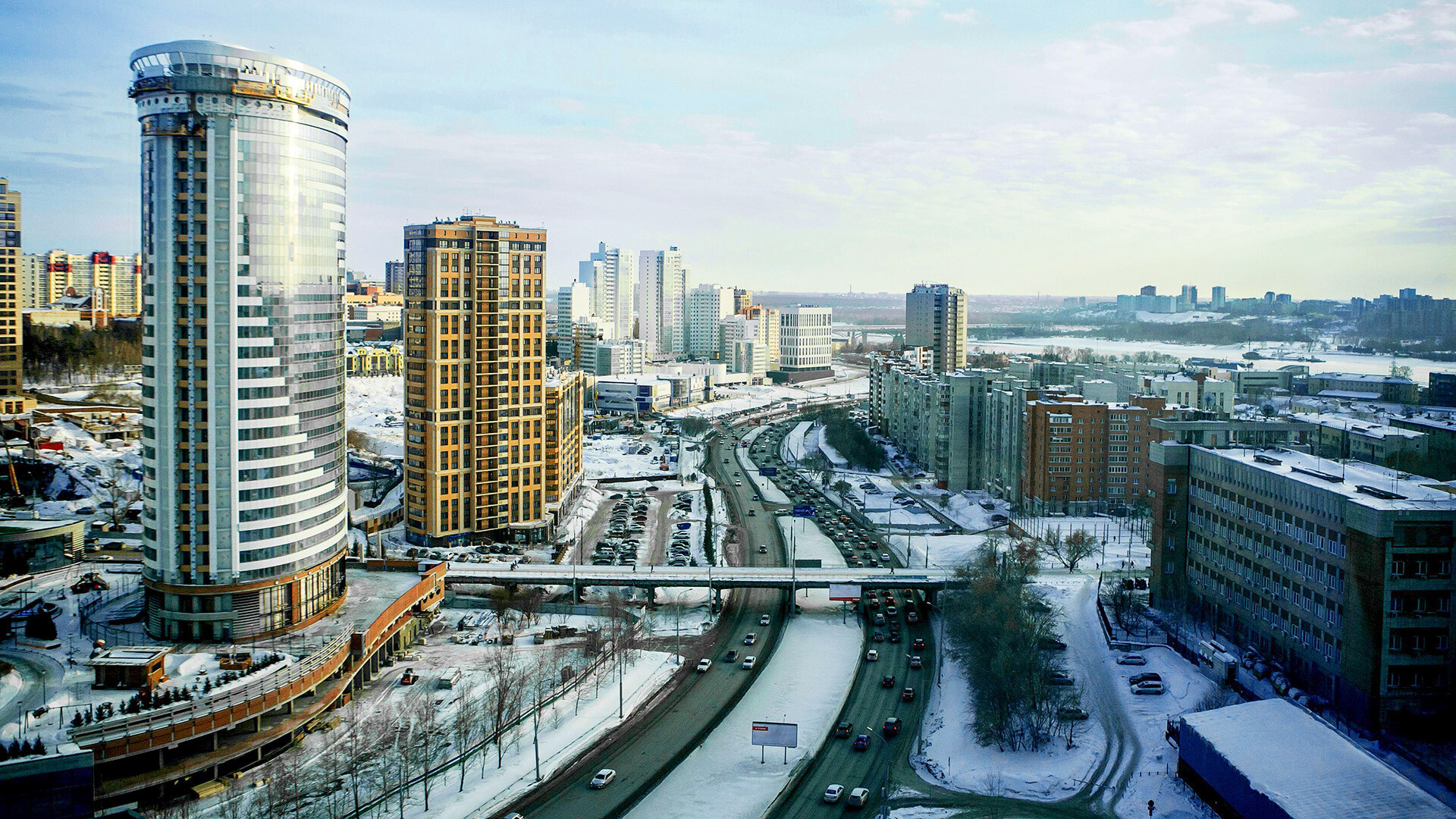 Novosibirsk cityscapes.
Novosibirsk cityscapes.
As for the rest of the country, the collapse of the Soviet Union in the early 1990s was a heavy blow for Novosibirsk. As a result of the reduction of funding and the breakdown of inter-regional economic ties, industrial production fell threefold. Only in the early 2000s it was possible to stabilize the situation.
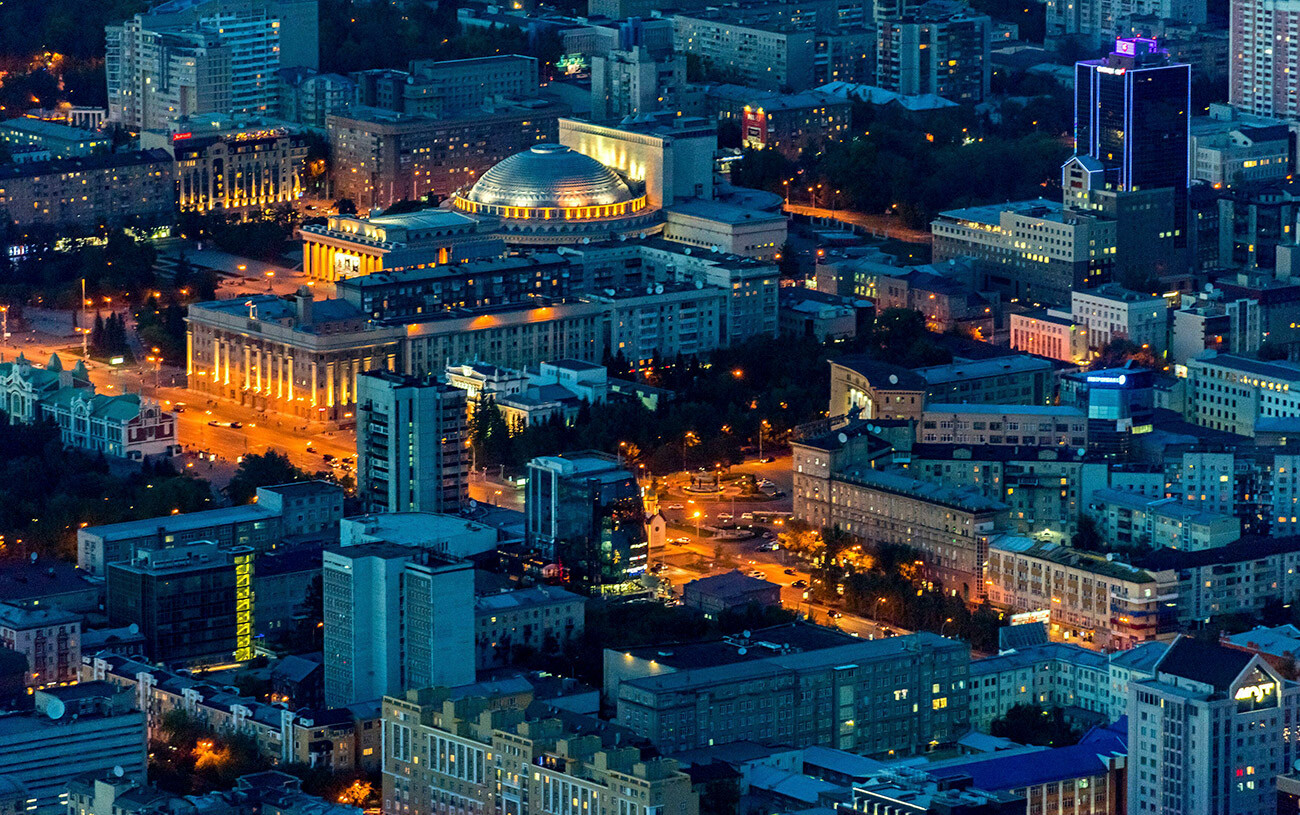 The city of Novosibirsk.
The city of Novosibirsk.
Today, Novosibirsk is the largest economic, cultural, transport, educational and scientific center of Siberia. As the administrative center of Novosibirsk Region and the Siberian Federal District, it now easily claims the right to be unofficially called the ‘Capital of Siberia’ and it has no serious competitors to this claim.
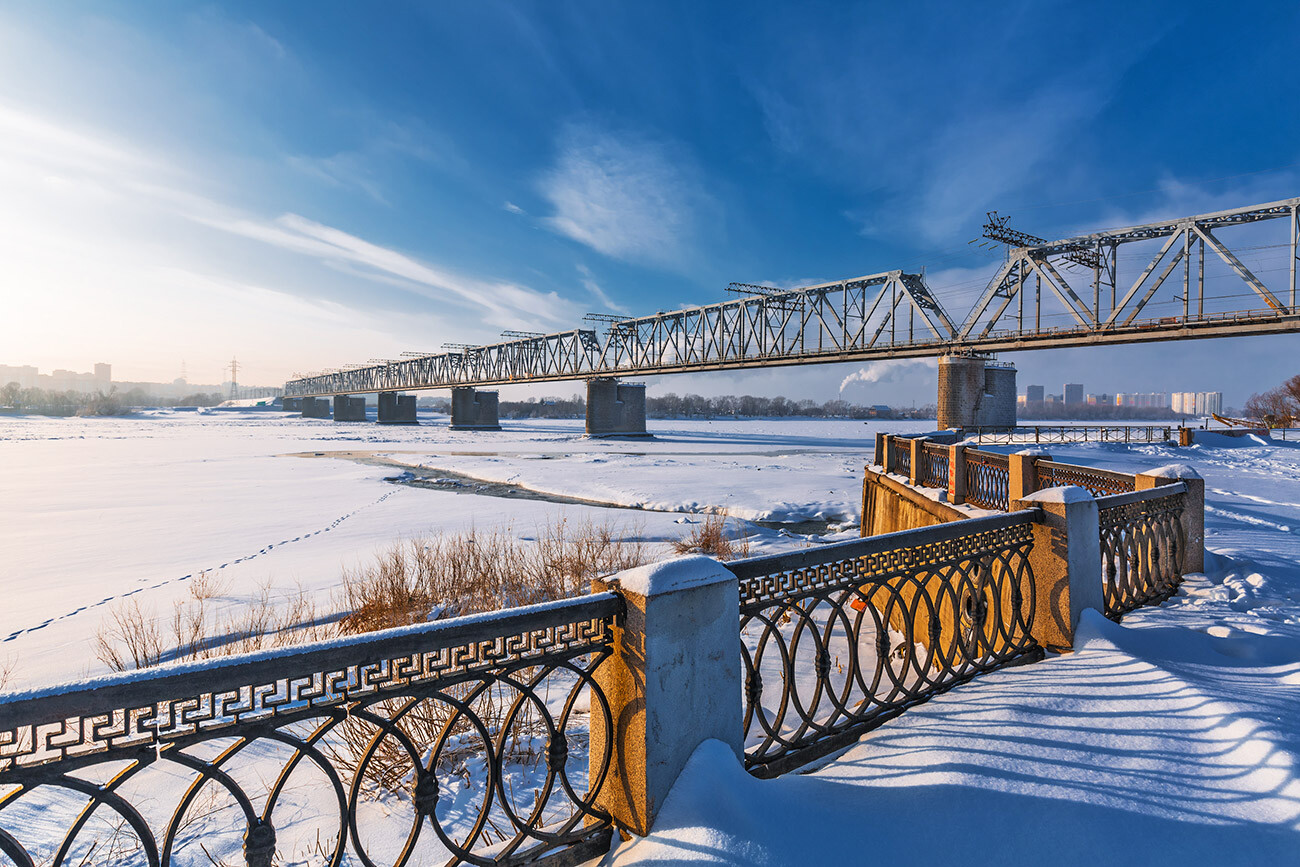 Railway bridge over the Ob river.
Railway bridge over the Ob river.

